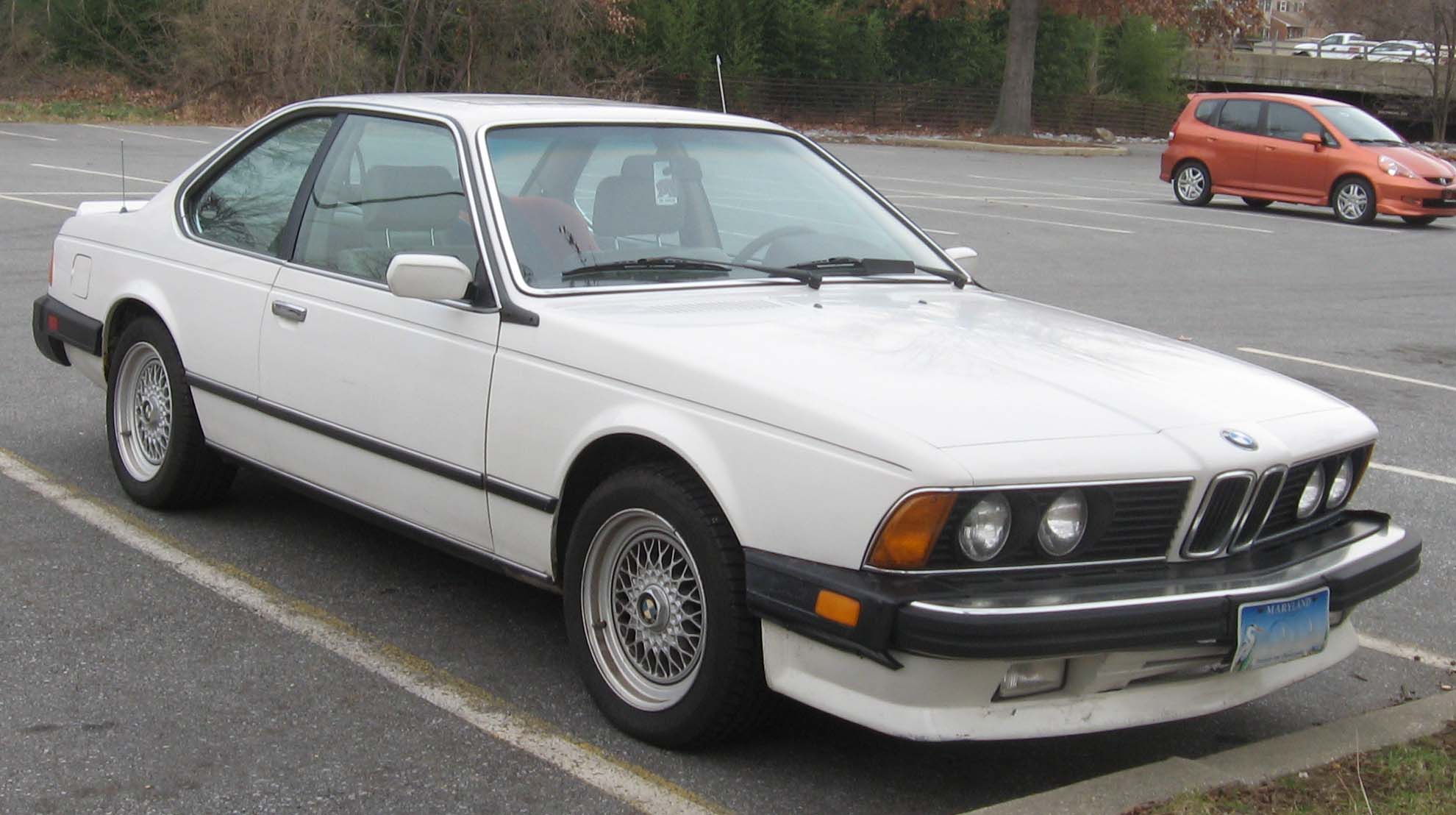
Car depreciation is more than just a term; it’s a critical aspect that can significantly affect your finances when buying a vehicle. Grasping the concept of depreciation is essential for making savvy car-buying decisions, as it essentially refers to the value loss of a car over time. Some vehicles drop in value much quicker than others, which can be a risk if you intend to resell or trade in your vehicle later. This issue is notably severe in certain categories such as electric vehicles, luxury models, and hybrids.

1. **Nissan Leaf (First-Generation) – 72%**: The first-generation Nissan Leaf exemplifies the rapid depreciation phenomenon, plummeting an astonishing 72% in value within just five years. This drastic decline largely stems from the fast-paced advancements in electric vehicle technology, which have rendered the Leaf outdated as newer, longer-range competitors have emerged. Once celebrated as a pioneering vehicle, it now struggles to retain its value in the face of these technological breakthroughs.

2. **Chevrolet Volt – 71.1%**: Following close behind is the Chevrolet Volt, which has experienced a depreciation rate of 71.1%. When it debuted, the Volt was lauded for its innovative features and impressive 300-mile range. However, as competitors introduced more advanced plug-in hybrids, the Volt’s desirability has waned significantly, impacting its resale value.

3. **BMW 7 Series – 71.2%**: If luxury vehicles are on your radar, you might want to think twice before choosing the BMW 7 Series. This high-end sedan experiences a staggering depreciation rate of around 71.2%, losing its value alarmingly fast. While the BMW 7 Series is loaded with luxurious features and offers a superior driving experience, its rapid value decline can deter potential buyers who are mindful of their return on investment.

4. **Mercedes-Benz S Class – 69.9%**: The Mercedes-Benz S-Class, particularly the models produced between 2006 to 2013, showcases the challenges of luxury car ownership. While offering unparalleled luxury and performance, the S-Class has seen a depreciation rate of 69.9%. Buyers can now snag this iconic model at a fraction of its original price, but one must also factor in maintenance costs that can be prohibitive.
5. **Ford Fusion Energi – 69.4%**: The Ford Fusion Energi, a plug-in hybrid, is not spared from the harsh realities of depreciation. With a significant value drop of 69.4%, this model struggles in a competitive market, especially against electric vehicles that deliver longer ranges. As its appeal wanes, concerns about its future resale value loom larger for potential buyers.

6. **BMW 6-Series – 68.3%**: The BMW 6-Series has experienced a depreciation of 68.3%. Once celebrated for its sporty aesthetics and performance, the latest iterations have not captured the market’s attention as expected. The more complex engineering and maintenance needs may also contribute to its decline in value over time.

7. **BMW 5-Series – 67.3%**: Another strong contender in the luxury segment, the BMW 5-Series, has also suffered notable depreciation at 67.3%. It’s a fantastic vehicle for enthusiasts, but the number of available used units, combined with newer models hitting the market, pushes its value down more quickly.

8. **Mercedes-Benz E-Class – 67.2%**: The final vehicle on our list is the Mercedes-Benz E-Class, which closely follows the 5-Series with a depreciation of 67.2%. Much like its counterparts, the E-Class is a desirable luxury sedan, yet it suffers from over-saturation in the market, leading to lower resale values.

9. **Chevrolet Malibu – 66.4%**: The Chevrolet Malibu, a midsize sedan, has suffered considerable depreciation with a 66.4% decline in value over five years. This downturn can be traced back to the growing popularity of SUVs and compact cars, leaving sedans like the Malibu grappling for consumer interest. As buyers increasingly favor larger vehicles for their versatility and safety, the Malibu’s resale value has taken a notable hit.

10. **Ford C-Max – 65.8%**: The Ford C-Max, another hybrid vehicle, has not performed well in the resale market, facing a depreciation rate of 65.8%. Although it is recognized for its energy efficiency and compact design, the C-Max has lost its edge due to fierce competition from other hybrids and electric options. As newer technologies emerge, the C-Max’s value continues its downward spiral.

11. **Chrysler 300 – 64.4%**: The Chrysler 300, known for its bold styling and spacious interior, has experienced a steep depreciation of 64.4%. While it was once a favorite among full-size sedans, changing consumer preferences towards SUVs and crossovers have diminished its market desirability, resulting in a significant drop in its resale value.

12. **Hyundai Sonata – 63.1%**: The Hyundai Sonata, a well-regarded midsize sedan, has experienced a depreciation rate of 63.1%. While it offers a wealth of features for the price, the Sonata’s value has been negatively impacted by a crowded market and the rising trend toward SUVs. As consumer preferences evolve, the Sonata finds it increasingly difficult to hold onto its worth.

13. **Buick LaCrosse – 62.5%**: The Buick LaCrosse faces high depreciation as well, shedding 62.5% of its value. Once a full-size sedan that attracted buyers with its comfort and luxury, the LaCrosse now struggles to maintain its appeal amid dwindling interest in sedans. This shift in consumer preference has severely affected its resale value.

14. **Acura RLX – 61.9%**: The Acura RLX, a luxury sedan, has depreciated by 61.9%. Despite its refined features and smooth ride, the RLX has struggled to compete against more popular luxury brands and models. The oversupply of used RLX vehicles in the market has further exacerbated its depreciation issues.

15. **Infiniti Q70 – 60.4%**: The Infiniti Q70, another luxury sedan, has faced a depreciation rate of 60.4%. It has not managed to capture much attention in a crowded luxury market, leading to a quick drop in its value. With similar vehicles from more renowned luxury brands dominating the market, the Q70’s appeal has dwindled.

These vehicles exemplify cautionary tales for buyers contemplating new car investments. Understanding the various factors that lead to high depreciation is vital for consumers to make informed decisions that could save them thousands of dollars in the long run.

A wise approach is to seek out vehicles that not only satisfy your current needs but also offer better potential returns on investment in the future. By opting for a car that retains its value well, you can relish your new ride confidently, secure in the knowledge that you’ve made a sound financial choice. As the auto market continues to evolve, remaining updated on depreciation trends and market dynamics will empower you to make your purchasing decisions with greater effectiveness.
Related posts:
The 10 Best And Worst Cars For Holding Value (2024)
Car Depreciation: How Much Is Your Car Worth?
What Cars Depreciate The Least And Most?





